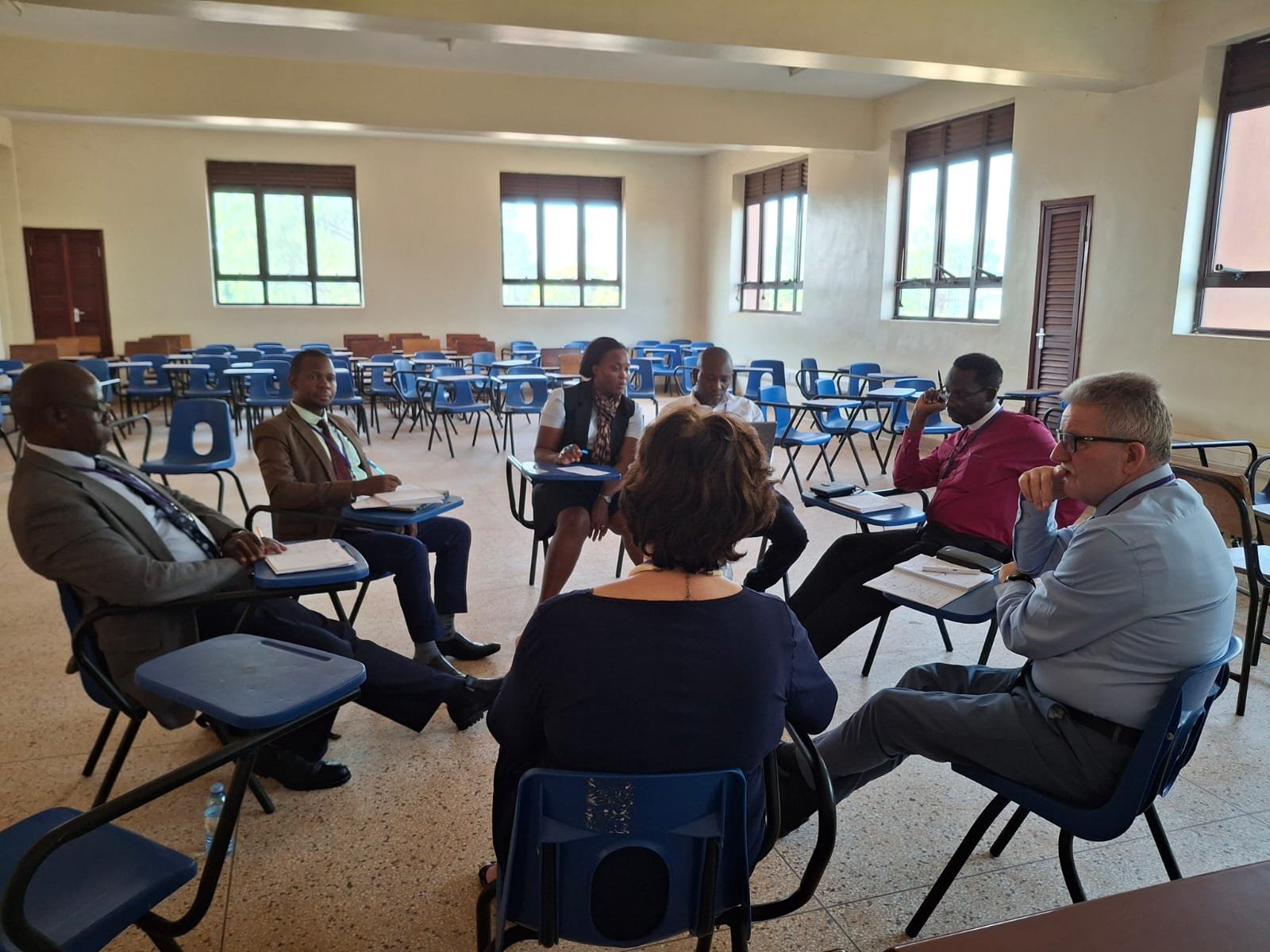
Our main objective is to strengthen Kenya and Uganda education governance authorities’ capacity to support competence-based, work life relevant & inclusive higher education for societal and environmental development .
The project works to…..
produce tools for higher education governance authorities’ staff in Kenya and Uganda to manage the transition to Competence based Education.
create guidelines for academia- industry collaboration for curricula planning & implementation in Higher Education level.
train partner Institution staff in Competence Based teaching techniques to become master trainers to support roll-out of Competence Based Education in Higher education institutions.
strengthen the capacity of higher education commissions to further develop & contextualize Competence Based Education.
This project serves as an opportunity to share experiences, internally, regionally, and internationally.
It aims to help refresh and/ or upscale expertise, tools and methods that govern Higher education institutions to systematically embed, and structure participation of industry/ societal partners to Competence Based Education planning & implementation processes through regulative guidance.
In the end, it will contribute to escalate the HEIs’ industry linkages to provide experiential, practical learning, to strengthen and deepen cross-societal networks for further collaborative work.

Formulating professional competence profiles for the Competence based Curricula(CBC)
Mode of training
This will be a blended engagement. The first part of the training will focus on the basics of Competency Based Education and will be offered online as a self-study course.
Training Benefits
Participants will be awarded a certificate of participation for Competence Based Education, after completing this online course successfully participants are invited to indicate whether they are interested in the blended follow-up training: formulating Professional and Competence profiles for CBE Curriculum.
Training materials
Freely available on the Innovation lab; https://innovationlab.nhlstenden.com/projects/cbe-the-basics
Funded by the European Union. Views and opinions expressed are however those of the author(s) only and do not necessarily reflect those of the European Union or the European Education and Culture Executive Agency (EACEA). Neither the European Union nor EACEA can be held responsible for them.



